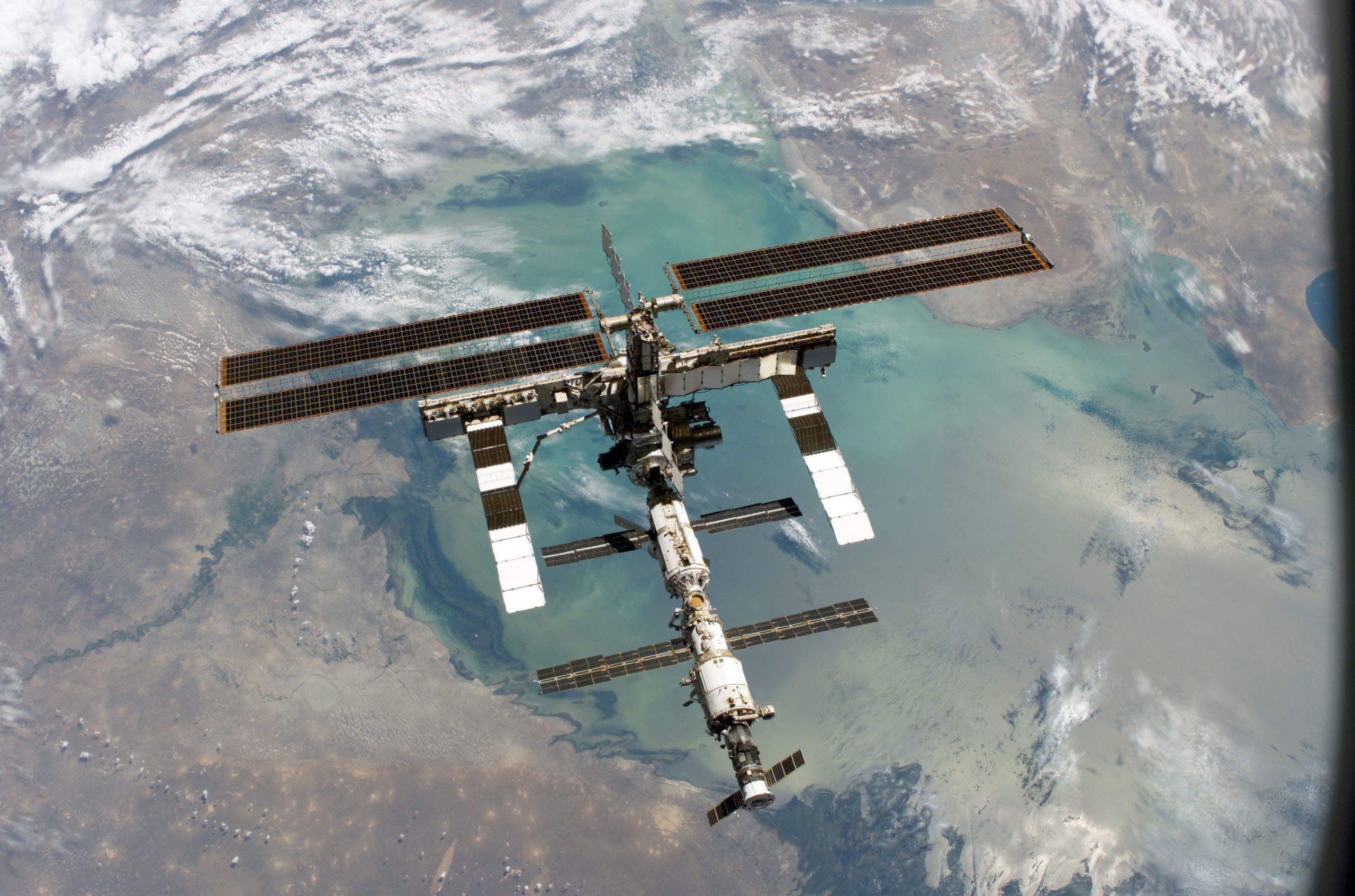
It’s easy to forget that so much of what we use depends upon the Global Positioning System. Some may even be unaware that their day-to-day activities wholly rely on it. We are able to send instant messages over continental distances, drive with confidence to places we’ve never visited, and place full trust in pilots to land us safely at our destination, all because of GPS.
Thanks to a carefully calibrated, intricate network of 24 satellites placed in orbit by the US Department of Defence beyond the Earth’s stratosphere, the technologically-mediated world we inhabit seems to be one that is fundamentally woven into the fabric of the planet, naturally evolving, safe-guarded from malfunctioning.
GPS has facilitated the growth of almost all the infrastructures that shape our lives. The microwave signals sent back down to Earth from the satellites help receivers to establish parameters of space, time and velocity. The satellites are embedded with atomic clocks, devices that can measure the time accurately down to a nanosecond. These are in sync with the Coordinated Universal Time – the primary time standard of the world. By acting as both a positioning and timing system, GPS has been almost irreversibly tied to the smooth running of international operations: banking transactions, military ventures and meteorological analysis have all been influenced.
The total collapse of GPS may seem like the most improbable of outcomes; a rational assumption can be made that something as fundamental to societal processes as GPS will be heavily protected and rigorously backed-up in case of an emergency.
But what if it all comes crashing down?
In terms of a cyber warfare-led, direct attack on the satellite system itself, the risk of GPS meltdown is minimal. Colorado houses the GPS Master Control Station, served and protected by the United States Air Force. Therefore any terrorist-based attack designed to induce anarchy would have to overcome the near-impossible task of penetrating the Colorado base, or wield a weapon powerful enough to take down the satellite constellation.
Slightly more problematic is the fact that GPS isn’t quite beyond the reaches of a natural disaster. In 1859, a solar storm known as the Carrington Event took place, which caused severe geomagnetic disturbances on Earth; it meant “northern lights were reported as far south as Cuba and Honolulu, while southern lights were seen as far north as Santiago, Chile”. The modernisation of the world by technology means that a repeat occurrence of 1859’s storm would be ruinous.
On a smaller scale, the risk of failure seems to be far greater. Earlier this year, time-monitoring company Chronos noted that a number of their clients had reported massive disruptions, later found to be as a result of a slight shift in GPS signalling timing – 13 microseconds to be exact. The resulting chaos that ensued culminated in 12 hours of system errors.
A recurrent issue for GPS has been jamming; given the generally weak nature of GPS signals, they are prone to being thrown off course by jamming (the process of blocking GPS signals). Usually, jamming is caused by drivers (including thousands of people in the UK) who use small devices to dodge being tracked. For example, cab drivers or delivery men who want to avoid their employers keeping tabs on their journeys and whereabouts. According to The Atlantic, it’s this type of jamming that has caused disruptions to airports and halted port operations.
Similar to jamming is spoofing – the relaying of a false signal to a GPS receiver. Spoof signals are indistinguishable from the real signals, meaning that they can seriously skew the GPS’s timing. According to The New Yorker, a spoof signal sent from a device built by the Los Alamos National Laboratory was able to convince a stationary receiver that it was moving at 600 miles per hour.
Perhaps unsurprisingly, there is very little in place to sustain the systems dependent on GPS, in case of a catastrophic collapse. There will be systems launched by Europe and China by 2020, but sceptics feel little has been done to improve upon the weaknesses of the internationally-accessible GPS. Another avenue being explored is the implementation of improved atomic clocks, ones which can stay in harmony with the atomic clocks of other satellites as well as Coordinated Universal Time in the case signalling failure. This type of system shows promise, but costs will mount as research exploring the potential use of these clocks is expected to be prolonged.
The devastating consequences that could arise from the subtlest of changes to GPS signalling make the whole system seem shaky. Power grids could go down, communication services could buckle, and weather forecasts could end up completely off. Even the millions playing Pokémon Go, Nintendo’s new, smartphone-based augmented reality game, will no longer be able to head outdoors to catch ‘em all.
It seems then that if we are to continue with a form of modernity propped up by the hovering satellites of the GPS above, it will in turn need us to take a moment to prop it up, too.





